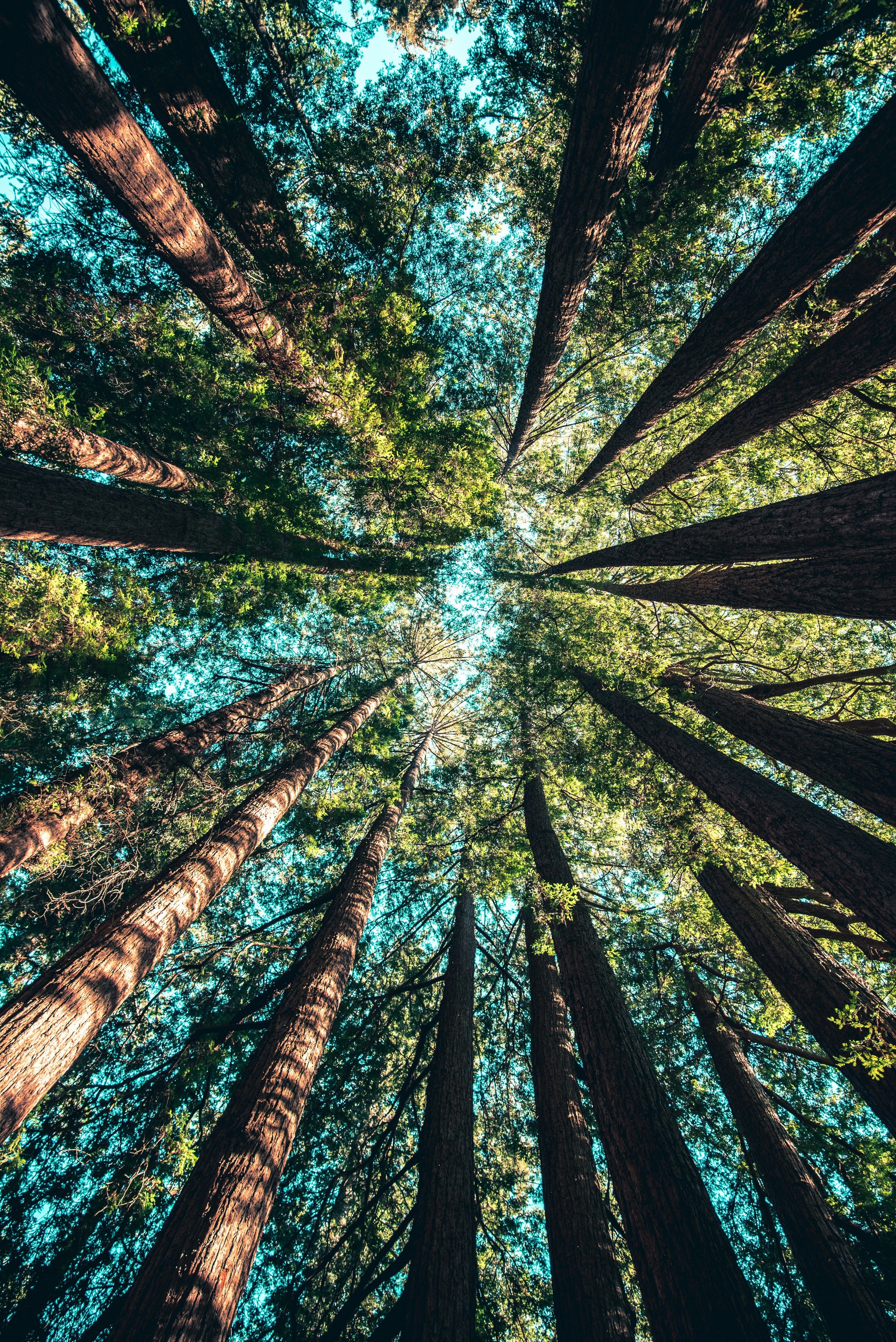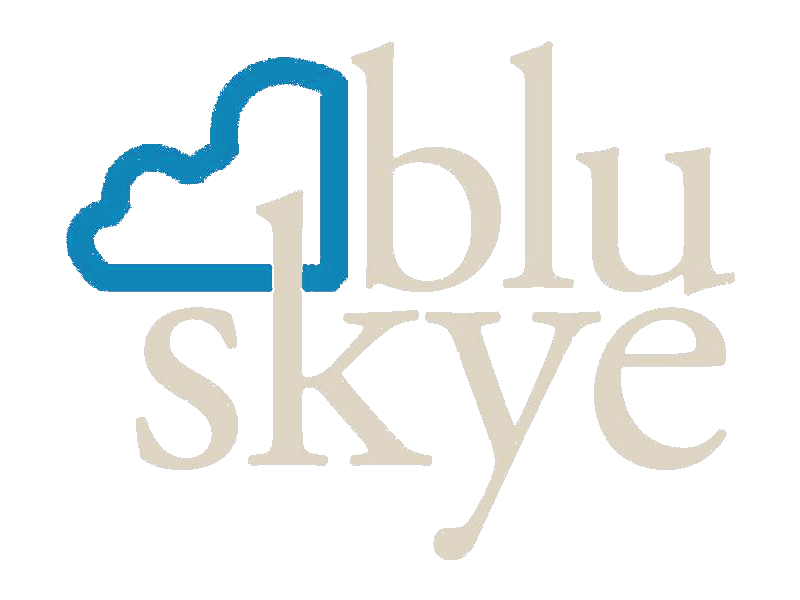
I.
“What is a life well lived?”
My friend asked me this the other day. What she really meant was what is my life well lived?
First, to have a life well lived you must be alive. Essential, but surviving is not enough. Quality of life means as much or more than just being alive. And quality of life doesn’t mean more stuff, money, fame, comfort, or power. That’s all fine, but still not enough. Quality is more a function of how I wander and work in this physical world while I’m alive.
A life of meaningful contribution with others
My life well lived includes working together with people I respect to achieve outstanding results. No man is an island; I like to win but prefer to win by being part of a great team. When descending a remote and challenging whitewater river the need for teamwork can be a life-or-death requirement. Everyone’s competence, reliability, and common values make risk taking safer and more fun. The same is true when raising a family, starting a company, or working on a new project. Results are sweeter when accomplished with others.
Being part of a winning team is great, but over time I’ve learned that the mission also matters. My first job as a teenager was raft guiding in California. There I learned to read flowing water, navigate cumbersome inflatable rafts, and safely guide groups of novices through whitewater rapids. My most enduring friendships were forged with fellow guides as we took our skills to meet greater challenges in faraway places. By the mid 1980’s we were acknowledged experts in this obscure sport, having organized remote expeditions throughout the world. Then one day walking home after a college seminar in nuclear deterrence theory, I realized that everyone I loved could be annihilated and that I wanted to act to lessen that possibility. So my friends and I did the obvious thing: we started a US/Soviet exchange program that took place on river expeditions in both countries. From experience we knew that on a raging whitewater river it doesn’t matter if you speak the same language, or even like each other, you need to paddle together for mutual survival. The metaphor fit, the exchange program thrived, and our unlikely team of Californian and Siberian river guides ended up playing a very small part in the large transformation of the Soviet Union to Russia, the fall of the Berlin Wall, and, at the time, the end of the cold war. Rafting in service of peace. It might be time to dust off the model…
Similarly, 20 years ago the Blu Skye team applied strategy consulting to business in service of sustaining life’s bounty on earth. We believed the greatest untapped source of long-term business advantage was found in the deep application of sustainability principles. Surprisingly, leaders listened, considered, and started acting. Today we’re focused on going beyond sustainability to help our clients plan and build scaled models of regeneration – bringing renewed health, well-being, and beauty to the world. There’s still a long way to go, but what seemed impossible then is now very possible, if not probable, today. The thousands of people I’ve had the pleasure to work with over the years on this mission is something of which I’m very proud and is part of my life well lived.
A life of connection
A life well lived means dwelling in place, the present moment, and nature where the explicit designs of other human minds is minimal. I’ve been drawn to natural places for a long time. Despite growing up in New York City, many of my early memories are of being in nature. Being lost with a friend in a swamp in Long Island (and stepping on a snapping turtle and not knowing enough to not bring it home by its tail and putting it in my friend’s tub). A rock swimming pool in upstate New York filled with frogs. A too big driftwood fire on the beach. This was before I was 8. After moving to California as a teenager, I grew up around a small state park on Mt. Tamalpais. My friends and I hiked the Rock Springs trails and explored the coastline south of Muir Beach where we would make sweat lodges at Pirates Cove and swim in the pacific at sunset. This connection with nature and the people attracted to nature set the direction for my life. It was in these places least impacted by humans that I felt most at home. Cities are great, but don’t compare to the beauty of a clear spring creek flowing through a wildflower blanketed valley at sunrise. I’m enriched in nature and time there with family and friends is definitely part of a life well lived.
Finally, a life well lived also means exploring my values, habits, and heartbreaks to open me to new levels of emotional depth and range, learning and growing, loving and risking, and striving for beauty. At a practical level this means working to be the best husband, father, son, friend, leader, and manager I can be. After two tragic deaths of people close to me, I went inside a maximum security prison as part of an anti-recidivism program called The Inside Circle. Men from the inside and outside sit together for three days sharing personal stories of sadness, anger, betrayal, fear, and shame. There I learned that it is only by the grace of God I was born into my circumstances, for had I been born into the lives of the prisoners in my circle, I would have likely made their same choices and been the person sitting inside, locked up, instead of free with a beautiful life. This and other similar experiences uncover decisions I made as a child in times of heartbreak that limit my range of effective responses to life’s circumstances, particularly difficult ones. This embodied understanding frees me somewhat from unconscious and inappropriate responses that are inconsistent with my life well lived. Expanding my range of responses, listening better, being present, empathizing with the human condition while continuing to learn and develop my mind, body, and spirit reenergizes and regenerates me.
In this way my life well lived is now an ever-evolving dance between my inner personal life, conversations, values, patterns, fears, and aspirations, and my outward social life of family, friends, colleagues, and beauty in nature. Whether it’s kayaking a wild river with friends, breaking bread with family at sunset, or working over years with colleagues to reshape a commodity supply system so that people and nature are better off, stitching all of life’s threads together is a life well-lived.
II.
Recently I read A (Very) Short History of Life on Earth. Twelve (short) chapters propel us through billions of years of Life from single cells to multi cells to slime to water-based life to land-based life to us. Although the plethora of Latin names are forgettable, the gist of the effort isn’t: our human time here with all its grandeur, art, drama, beauty, breakthrough technologies, climate change, extinctions, pollution, and the costs that humans will bear as a result are, in relation to cosmic timelines, destined to be an inconsequential geologic layer almost imperceptible to future archaeologists hundreds of millions years in the future. And then the sun will go supernova and Life on earth will be done. In relation to this vast chasm of almost unimaginable timescales, what then is a life well lived? Does our own impermanence influence living a life well lived?
As far as we know, we are the cleverest life form that has lived here on earth, and we are probably the only one that has been self-aware to the point of considering ‘what is a life well lived?’ Certainly, we are the only creatures alive today that can consider, write, and share something like this. Does having the ability to question life lived well influence living a life well lived?
Perhaps only poetry can point the way…
The Summer Day
Who made the world?
Who made the swan, and the black bear?
Who made the grasshopper?
This grasshopper, I mean—
the one who has flung herself out of the grass,
the one who is eating sugar out of my hand,
who is moving her jaws back and forth instead of up and down—
who is gazing around with her enormous and complicated eyes.
Now she lifts her pale forearms and thoroughly washes her face.
Now she snaps her wings open, and floats away.
I don't know exactly what a prayer is.
I do know how to pay attention, how to fall down
into the grass, how to kneel down in the grass,
how to be idle and blessed, how to stroll through the fields,
which is what I have been doing all day.
Tell me, what else should I have done?
Doesn't everything die at last, and too soon?
Tell me, what is it you plan to do
with your one wild and precious life?
—Mary Oliver
